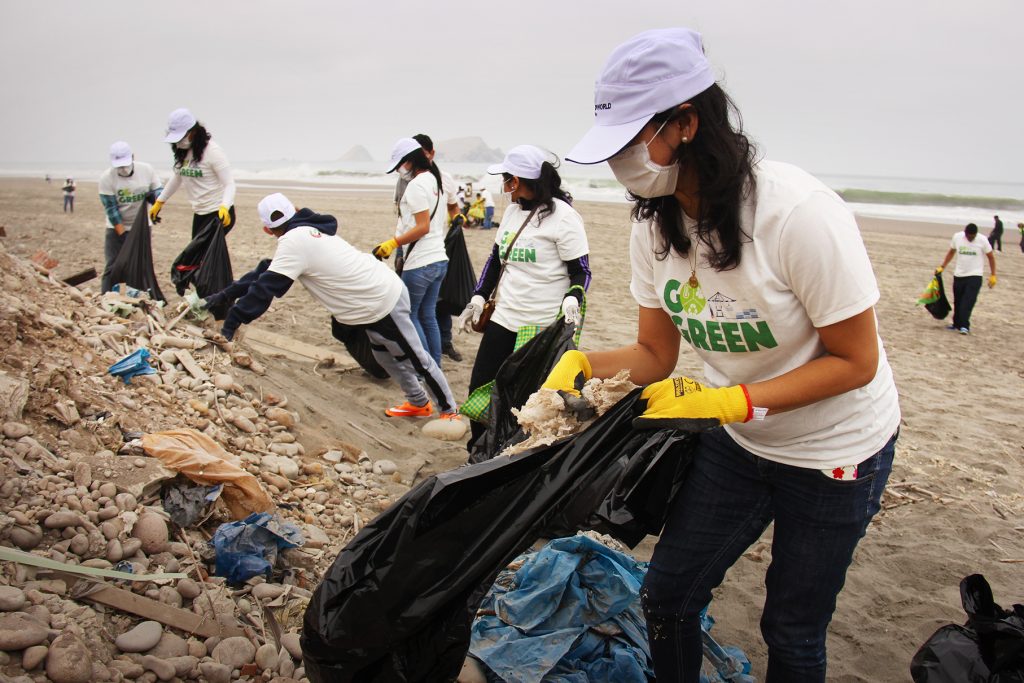DP World has become the first company in its sector to join the World Ocean Council (WOC) as part of its leadership journey to actively engage in the protection of the worlds oceans.
By becoming a member of the growing international multi-industry alliance on Corporate Ocean Responsibility, DP World will commence, enhance and advance its role as a responsible leadership company.
The WOC is a global, cross-sectoral business leadership alliance with a network of over 35,000 stakeholders addressing corporate ocean responsibility. Developed by and for the private sector, it addresses issues affecting ocean sustainable development, science and stewardship. It brings together representatives from shipping, oil and gas, tourism, fisheries, aquaculture, mining, renewable energy, ocean technology and financial services sectors. The WOC is a registered not-for-profit organisation in the US, the UK and Europe.
DP World Group chairman and CEO, Sultan Ahmed Bin Sulayem, said: We recognise the value and need in establishing partnerships to undertake robust ocean stewardship and combat marine pollution. Our experience and expertise across our network in marine environments will contribute to the alliance and its work in areas such as sustainable ocean development and science. The council will support our commitment to protect the oceans natural resources and our intention to become a leader in this area of environmental stewardship which forms part of our sustainability programme, Our World, Our Future.
Paul Holthus, the World Ocean Councils founding president and CEO, said: We are extremely honoured and pleased to welcome DP World on board as the first global trade enabler to join the World Ocean Council. Ports are an essential component to ocean sustainable development and the company has a key role in the movement of cargo, with 78 marine and inland terminals in over 40 countries. The WOC and DP World will work together to promote sustainable development in ocean protection and conservation.
According to the United Nations:
- Over three billion people depend on marine and coastal biodiversity for their livelihoods.
- Globally, the market value of marine and coastal resources and industries is estimated at $3tn per year or about 5% of global GDP.
- The ocean contains nearly 200,000 identified species, but actual numbers may lie in the millions.
- The ocean absorbs about 30% of carbon dioxide produced by humans, buffering the impacts of global warming.
- The ocean serves as the worlds largest source of protein, with more than 2.6 billion people depending on the oceans as their primary source of protein.
- Marine fisheries directly or indirectly employ over 200 million people.
- Subsidies for fishing are contributing to the rapid depletion of many fish species and are preventing efforts to save and restore global fisheries and related jobs, causing ocean fisheries to generate $50bn less per year than they could.
- As much as 40% of the worlds ocean is heavily affected by human activities, including pollution, depleted fisheries, and loss of coastal habitats.
- The ocean covers three quarters of the Earths surface, contain 97% of the Earths water, and represent 99% of the living space on the planet by volume.

